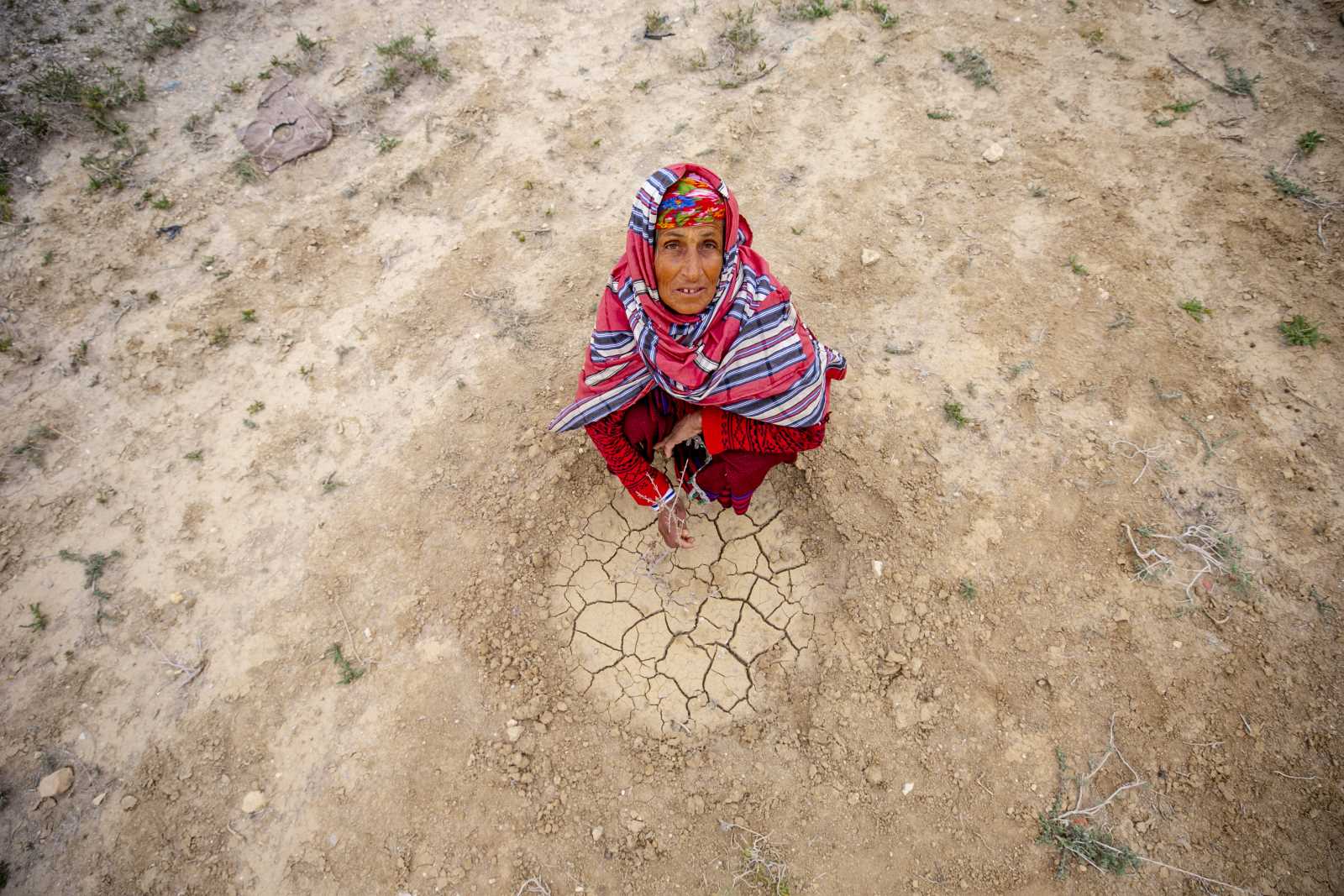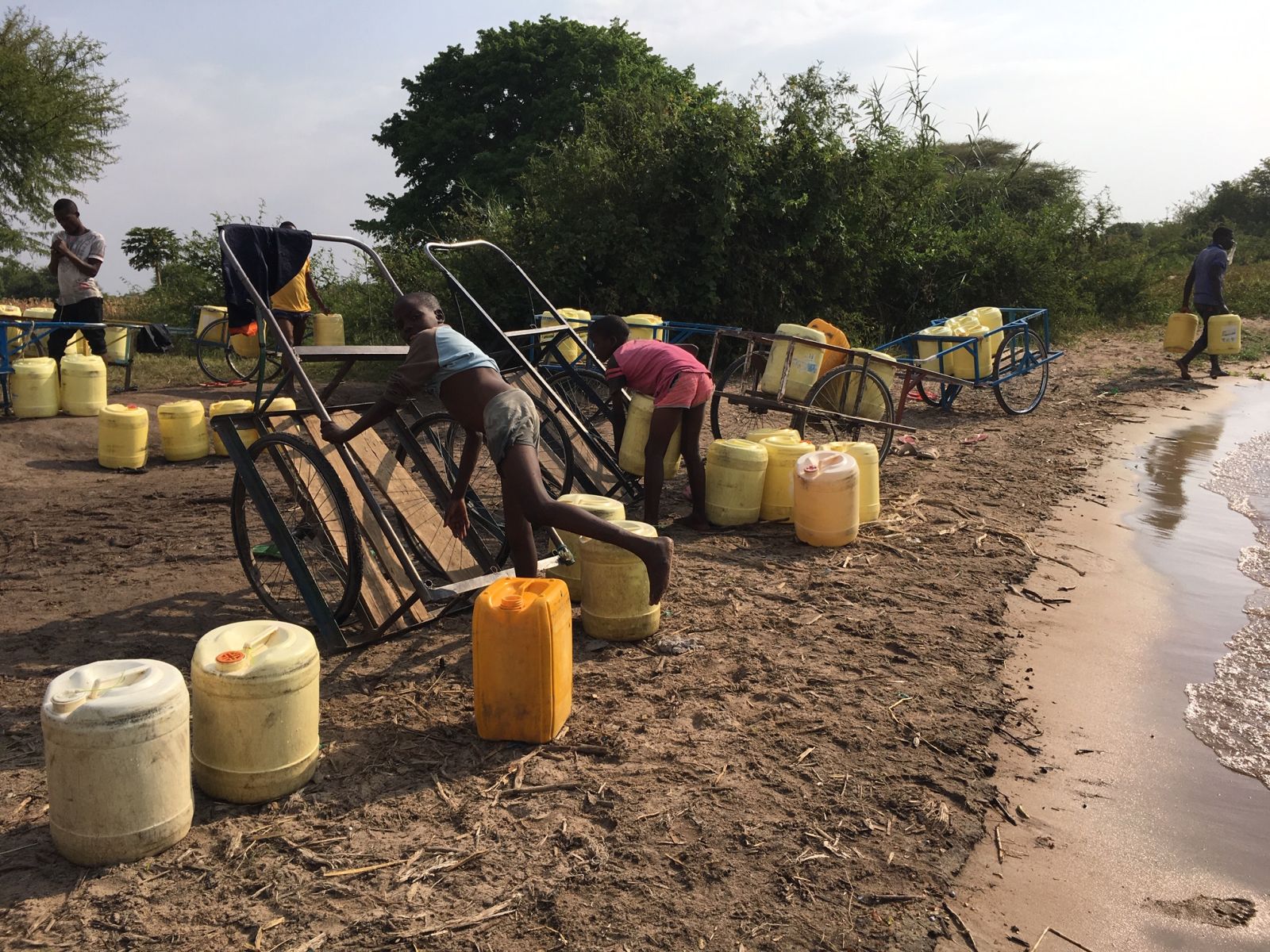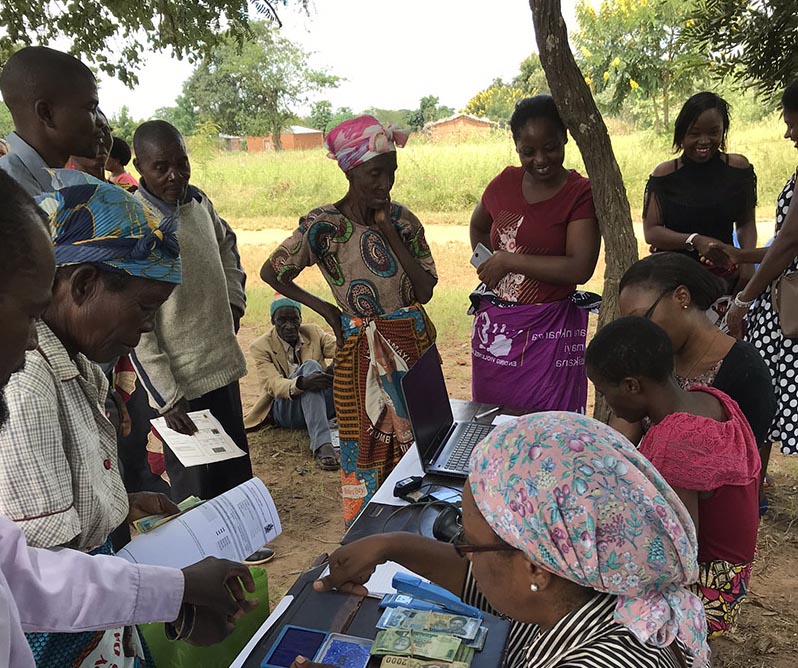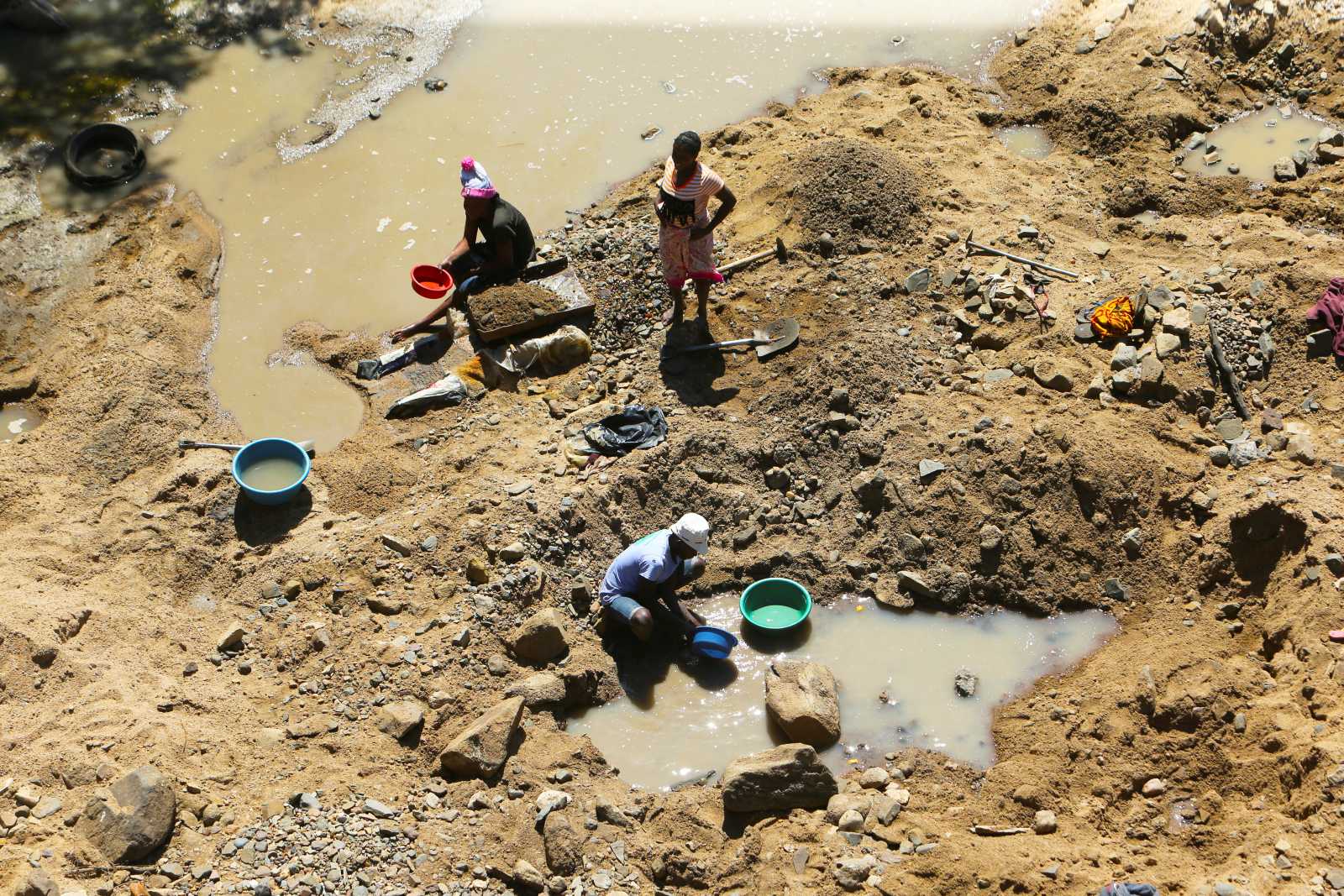Christian Democrats
German competence
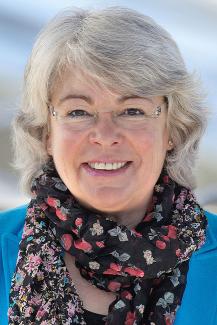
Development policy will gain relevance for us in Germany and change faster than in the past. This is reflected in the Christian Democrats’ development platform.
Due to globalisation, Germany’s future is ever more becoming linked to developments elsewhere in the world. North and south, poor and rich – all nations are becoming mutually interdependent. Global public goods can only be safeguarded in cooperation. Security, a healthy climate, biodiversity, economic stability, energy supply – all these things depend on the constructive interaction of industrial nations, emerging markets and developing countries.
Today, we are cooperating much more closely with emerging markets – China, India, Indonesia, Brazil and several more – than we did before the financial crisis of 2008. Policy fields such as business, trade, security, environment and development cooperation are become ever more intricately interwoven. To ensure coordination and coherence is a serious challenge for any government.
Some of the poorest countries are so-called fragile states with serious risks of conflict and even war. We must develop better instruments to cooperate with this category of states.
It is in Germany’s self-interest to promote sustainable development all over the world. Policymakers’ job is to spot troublesome trends and prevent harm as well as to rise to existing challenges such as poverty, hunger, disease, unemployment, bad governance, lack of education or demographic change. Active engagement is not a mere issue of solidarity; our own security is at stake.
We are guided by the Millennium Development Goals with the timeline of 2015. By that time, we will draft new and more comprehensive goals, taking into account the need to achieve the sustainability of the natural environment, of business and of all nations in all world regions.
Development cooperation as we know it, however, will not be discontinued abruptly. The idea is to modernise our approaches effectively. Focus areas depend on what our partner countries demand and on Germany’s particular competences which, in my eyes, include good governance, the rule of law, respect for human rights, vocational training, social cohesion, health care, rural development, food security and infrastructure. The promotion of market economies that are geared to social equity and environmental viability serves equal opportunity, social equity including labour law and social standards. I consider the enforcement of women’s and girls’ rights especially important – not least to facilitate successful family planning.
In addition to sub-Saharan Africa, our neighbours in North Africa, the Middle East and in Eastern Europe will be of particular relevance to us Germans and Europeans in coming years. Moreover, we want to ensure that Afghanistan has a good future after military deployment ends.
Coordinating official development assistance and ensuring that all government action is coherent in a development-friendly sense will remain the task of the Federal Ministry for Economic Cooperation and Development and should be improved even more in the future. After successfully merging Germany’s the agencies for technical cooperation in GIZ, we want to put more emphasis on what was formerly done by Inwent and the DED and improve coordination with financial cooperation.
We want better conditions for developing countries in world trade. We will support progress in the WTO trade talks. Our aspiration is to achieve a fair deal for all world regions.
I believe development policy must be rooted at the centre of society. Accordingly, we will expand and deepen cooperation with non-governmental organisations, the churches and political foundations. I also welcome the engagement of charities and philanthropists with whom we similarly wish to cooperate.
Sibylle Pfeiffer is the Christian Democrats’ spokesperson on development in the current Bundestag. sibylle.pfeiffer@bundestag.de
